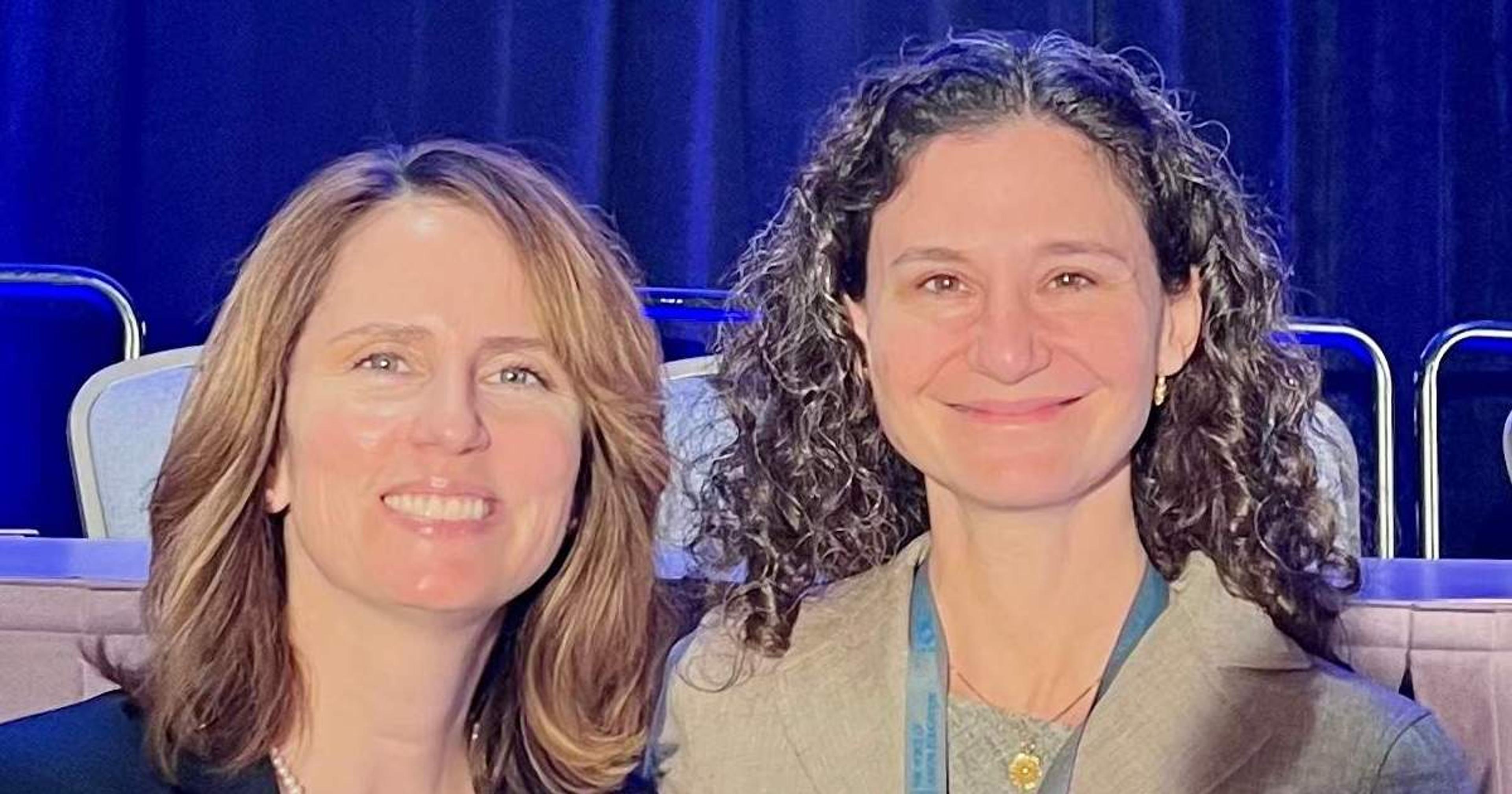Social Needs and Their Impact on Health Care: Research Identifying Best Screening Methods
Julie Bitely
| 5 min read

If you had nowhere to sleep tonight, would eating well and exercising be at the top of your priority list? The answer is likely no. Social circumstances negatively affecting health isn’t a new idea, but addressing those unmet social needs is increasingly recognized as a critical component of effective health care delivery. Just as being asked about your smoking habits or experience with intimate partner violence has become a well-established practice by health care providers, it could eventually be routine that screening takes place to determine whether your material needs such as being able to pay the rent and utilities are met, whether you have enough to eat or whether you can access transportation to get to your job.
Research Looking at Best Practices
A grant from the Blue Cross Blue Shield of Michigan Foundation is helping University of Michigan researchers determine best practices when it comes to social determinants of health (SDOH) screening. Building on a first phase of research that assessed how Michigan community health centers are currently screening their patients, ongoing research funded by the grant is focused on looking at the differences in screening needs between rural, urban and suburban centers. Researchers Alicia Cohen, MD, MSc and Margaret Greenwood-Ericksen, MD, MSc work as a family physician and emergency medicine physician respectively. They say there is a need for SDOH screening by health care providers, especially those within the safety net. “When I say social determinants of health, what I mean are the behavioral, social, financial and demographic aspects of a population and how those aspects impact someone’s ability to lead a healthy life,” Greenwood-Ericksen said. “If we don’t know what social needs our patients are struggling with, we can’t provide adequate care for them,” Cohen explained. In the first phase of research, Cohen partnered with the Michigan Primary Care Association to gather all the tools community health centers were using to screen for SDOH. The team found that there was broad consensus among health centers around needs being screened for, and that these largely aligned with national recommendations from expert bodies such as the National Academy of Medicine and the National Quality Forum. Most centers were screening for material hardship, including housing and food insecurity. There was, however, substantial variation in how screening was being administered and specific questions asked. Greenwood-Ericksen is conducting qualitative research by interviewing key staff members at a variety of centers across the state to do a deeper dive into variations between different screening methods, how screening is recorded and how centers are referring patients to resources that can help. Her goal is to determine what allows health centers to be effective with screening and to develop a set of best practices that could lead to a universal screening model, which could be tailored based on a community’s unique needs, whether that’s joblessness in rural areas or a lack of access to healthy foods in urban areas.
Health Outcomes largely tied to Social determinants
Cohen said screening is vitally important. You can’t tell by looking at a patient if they’re struggling to put food on the table. Plus, the inability to pay for medication could negatively affect someone’s chronic health condition. “If someone is having to choose between food and medicine, or taking their medication every third day to try to make it last, we are not going to be able to effectively help them,” she explained. If the SDOH aren’t addressed, Cohen said all the medication and good intentions in the world will go to waste. Speaking to why it’s so important to screen for and address the social determinants, Cohen noted that “if we’re not looking at upstream drivers, we’re scrambling to put Band-Aids on the symptoms when what we really need to be doing is finding ways to address root causes and long-term solutions.” Developing best practices and universal screening can help normalize the process and make providers less reluctant to ask their patients about unmet social needs. Many providers fear that if they find out a patient is struggling, they won’t be able to adequately help, but Cohen said starting the conversation is immensely important. It lets patients know that their provider is genuinely invested in their care and their lives, and also that these topics are not “off-limits” to bring up during a medical visit. Even if all providers can do in the moment is offer a list of food pantries or shelters, it’s a step in the right direction, Cohen said. Cohen and Greenwood-Ericksen said they wouldn’t be surprised if SDOH screening eventually made its way beyond community health centers to primary care physician’s offices. While the greatest need is often at community health centers and safety net clinics, other patients may also need help that they’re not getting and any opportunity to intervene shouldn’t be squandered. In fact, large health systems are beginning to partner with community organizations to administer screening as a way to address unmet needs. With only 10 percent of health outcomes actually attributable to medical care and 70 percent tied to social determinants, it’s a movement that will take everyone coming together to see measurable change. If you enjoyed this post, you might also like:
- A Closer Look at the Blue Cross Blue Shield of Michigan Foundation
- Grant Will Help Clinic Patients with Medication Adherence
- Learning More About Blue Cross' Opioid Task Force
Photo credit: NIH Clinical Center





